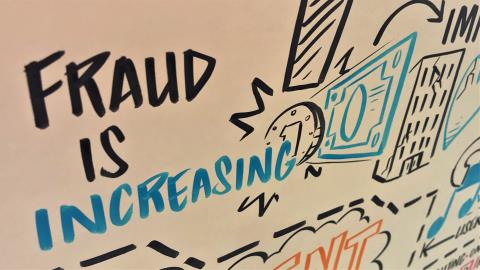New research from Barclays Bank reveals that one in five consumers fell victim to a scam in the past year.
The study, conducted by Censuswide from December 6 to 10, 2024, surveyed a sample of 2,000 consumers. A staggering 93 percent of those who reported losses experienced scams online, while an additional two in five managed to recognize the scam before losing money.
Over a third of respondents know someone who has been scammed, with one in five stating that their parent was a victim, and eight percent indicating that their grandparents were defrauded.
Barclays’ proprietary scam claim data indicates that January experienced the highest value of reported scams, driven largely by a surge in investment scams, which made up 53 percent of the month’s claim values. The average claim for investment scams in the last year was £15,564, the highest among all scam types, constituting £1 in every £3 claimed by victims. Despite this, investment scams represented only four percent of the total number of reported scams.
In comparison, purchase scams constituted the majority of scam reports, accounting for three in four claims, yet only 24 percent of the total value of reported scams, with an average claim of £650. Romance scams peaked in June, accounting for five percent of the total claims value but just two percent of the overall volume in the past 12 months.
Most scams reported by Barclays customers—75 percent—originated on social media and technology platforms.
Half of Brits feel overwhelmed by the diverse tactics employed by fraudsters, a reflection of the constantly evolving methods used to target victims. Three-quarters of respondents believe there are more scams online than there were a year ago, while one in three feel less confident in their ability to identify scams.
Barclays fraud and scams expert Kirsty Adams commented, “The variety of scam tactics and channels has evolved remarkably this year. It is evident that enduring trends persist; most scams still originate on social media, purchase scams remain the most reported type, and consumers are understandably overwhelmed by the perceived risks to themselves and their loved ones.
“Looking ahead to 2025, we are hopeful for advancements in the battle against fraud through cross-industry collaboration. It is only by joining forces that we can effectively combat this epidemic.”
